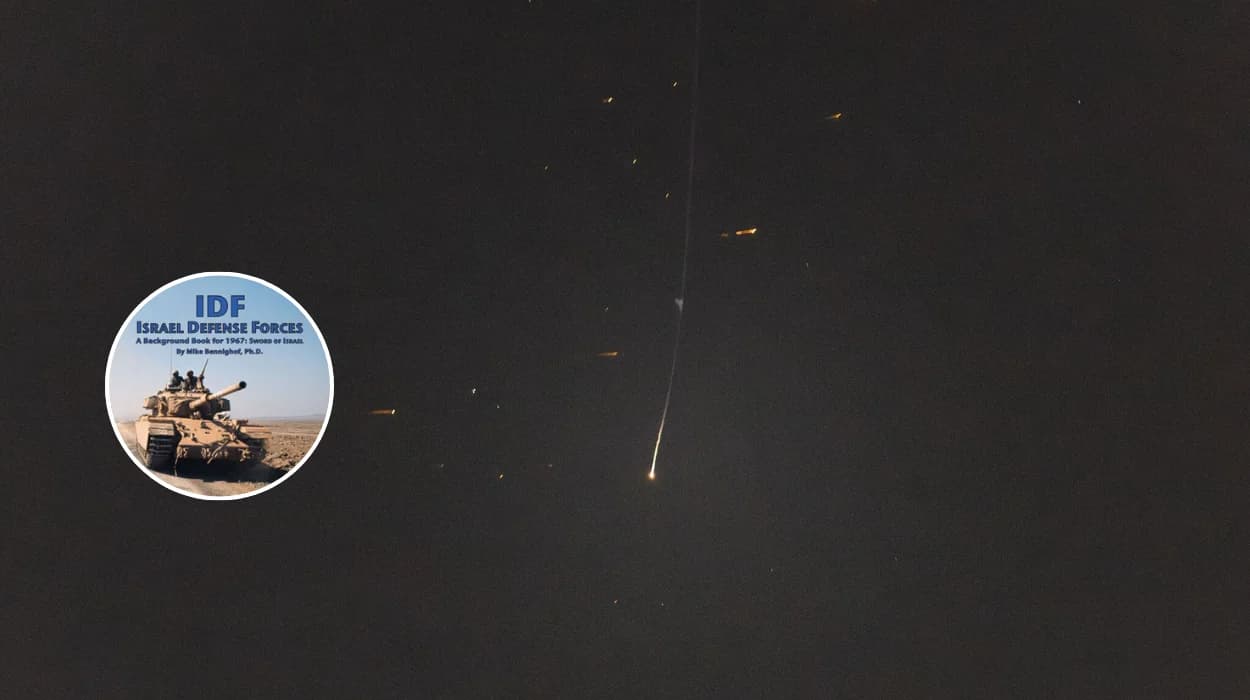Key Points
- The
Israeli Defence Forces (IDF) intercepted a missile launched from Yemen,
which triggered air raid sirens in multiple Israeli towns.
- The
missile launch heightened tensions in the region amid ongoing conflicts.
- A
senior Israeli official indicated that a hostage deal involving Israel
could be reached within a week or two.
- The
situation remains volatile with ongoing military and diplomatic
activities.
- The
news was reported by multiple media outlets, including Geo News and Global
Issues, citing official sources and senior Israeli officials.
IDF Intercepts Missile from Yemen: What Happened?
On 9 July 2025, the Israeli Defence Forces successfully
intercepted a missile launched from Yemen, which caused sirens to sound in
numerous Israeli towns, signalling an imminent threat to civilians. According
to Geo News coverage, the missile triggered widespread alarm but was
neutralised before causing damage or casualties. This event has
intensified security concerns in the region, as Yemen is not traditionally a
direct front in the Israeli conflict.
Who Launched the Missile and Why?
The missile was reportedly launched by Houthi forces in
Yemen, who have in the past expressed solidarity with Palestinian groups and
opposition to Israeli policies. The attack is part of the broader regional
tensions involving Israel, Yemen, and other Middle Eastern actors. Geo News
highlighted that this missile launch represents a new dimension of the
conflict, expanding the geographic scope of hostilities.
What Is the Current Status of Hostage Negotiations?
In parallel with the missile interception, a senior Israeli
official told Geo News that a hostage deal could be reached within a week or
two. This development offers a potential diplomatic breakthrough amid ongoing
hostilities. The official’s statement suggests that behind-the-scenes
negotiations are progressing, possibly involving third-party mediators.
How Are Israeli Towns Responding to the Threat?
The sirens that sounded across multiple towns prompted
immediate safety measures, including residents seeking shelter and emergency
services being placed on high alert. Israeli authorities have reiterated their
commitment to protecting civilians and maintaining readiness against potential
future attacks. Geo News reported that the interception was a critical
demonstration of Israel’s air defence capabilities.
What Are the Broader Implications for Regional Security?
This missile launch from Yemen signifies an escalation that
could complicate the already fragile security situation in the Middle East.
Analysts quoted by Global Issues note that such attacks risk drawing additional
regional players into the conflict, potentially destabilising the area further. The
incident underscores the interconnected nature of Middle Eastern conflicts,
where local disputes can have wider repercussions.
What Has Been the International Response?
While specific international reactions to this missile
launch have not been detailed in the reports, the United Nations and other
global bodies have previously expressed concern over escalating violence in the
region. The UN has warned of worsening humanitarian conditions in Gaza and
surrounding areas, emphasising the need for restraint and dialogue. The
missile interception and hostage negotiations are likely to be closely
monitored by international stakeholders.
What Are the Next Steps for Israel and Its Allies?
Israel is expected to maintain heightened security measures
and continue its diplomatic efforts to secure the release of hostages. The
senior official’s indication of a possible deal within weeks suggests ongoing
engagement with mediators and involved parties. Geo News coverage points to a
cautious optimism but stresses that the situation remains fluid and could
change rapidly.
Why Did the IDF Intercept a Missile from Yemen?
The interception was necessitated by the missile launch from
Yemen, which posed a direct threat to Israeli towns. The IDF’s air defence
systems acted swiftly to neutralise the threat, preventing potential casualties
and damage. This action reflects Israel’s strategic priority to defend its
population against missile attacks from any front, including non-traditional
ones like Yemen.
How Could a Hostage Deal Impact the Conflict?
A successful hostage deal could reduce tensions and open
channels for further negotiations. The senior Israeli official’s statement
about a possible agreement within a week or two indicates progress in
diplomatic efforts. Such a deal would be significant in alleviating
humanitarian concerns and could pave the way for broader peace talks or
ceasefire arrangements.
What Are the Risks of Escalation Following This Incident?
The missile launch and interception could provoke
retaliatory actions or encourage other groups to engage in similar attacks. The
expansion of conflict zones increases the risk of wider regional instability.
Experts warn that without careful diplomatic management, the situation could
escalate into a larger confrontation involving multiple countries.
How Are Civilians Affected by These Developments?
The sounding of sirens and threat of missile attacks create
fear and disruption in civilian life. Emergency protocols are activated, and
communities live under constant alert. The ongoing conflict and hostage
situations contribute to a climate of insecurity and humanitarian distress, as
noted by UN reports on related crises in Gaza and surrounding regions.
